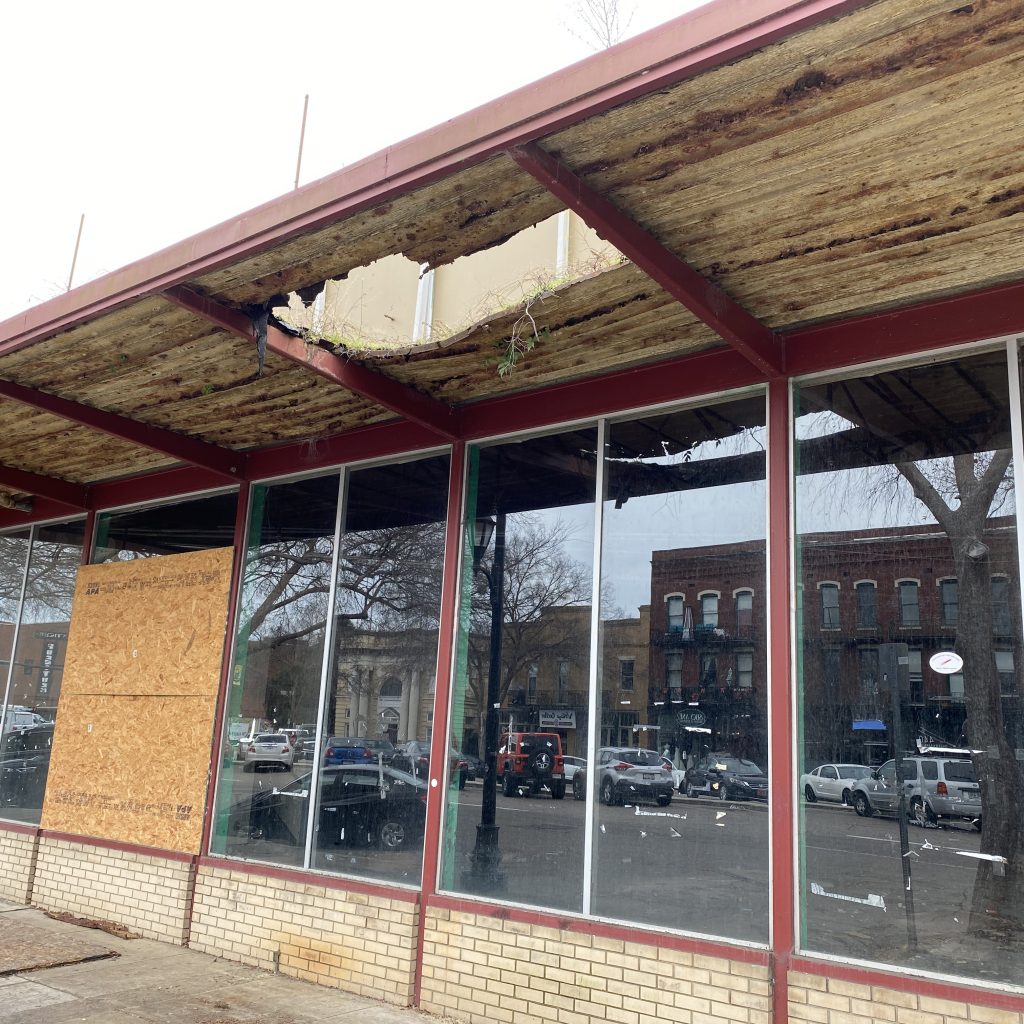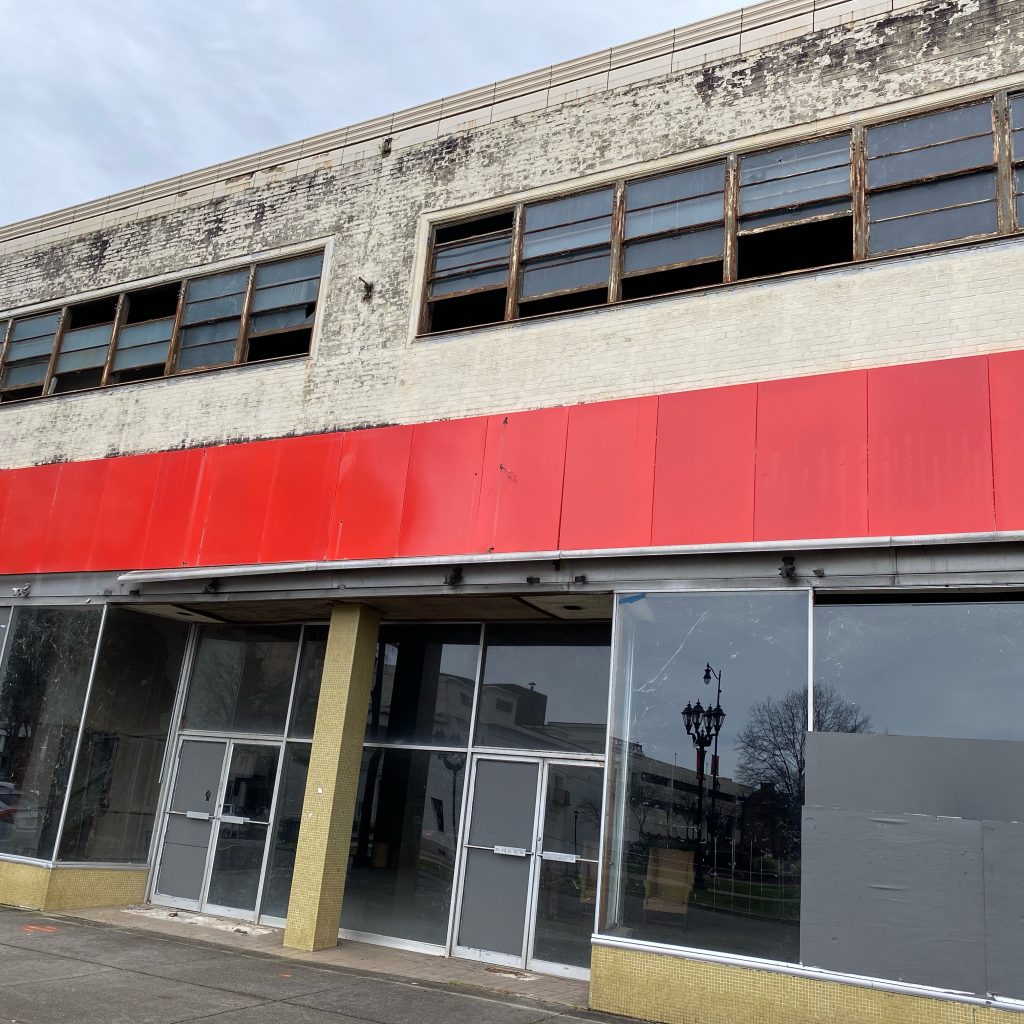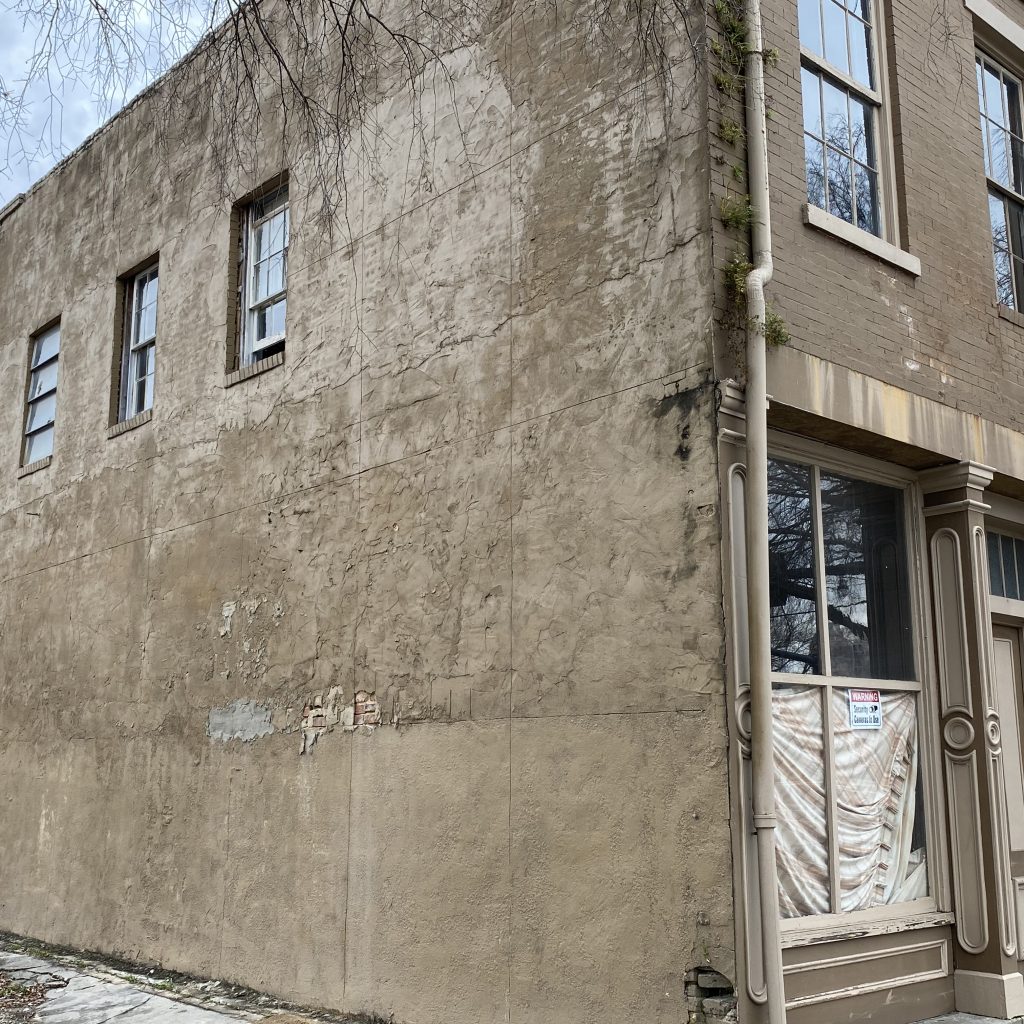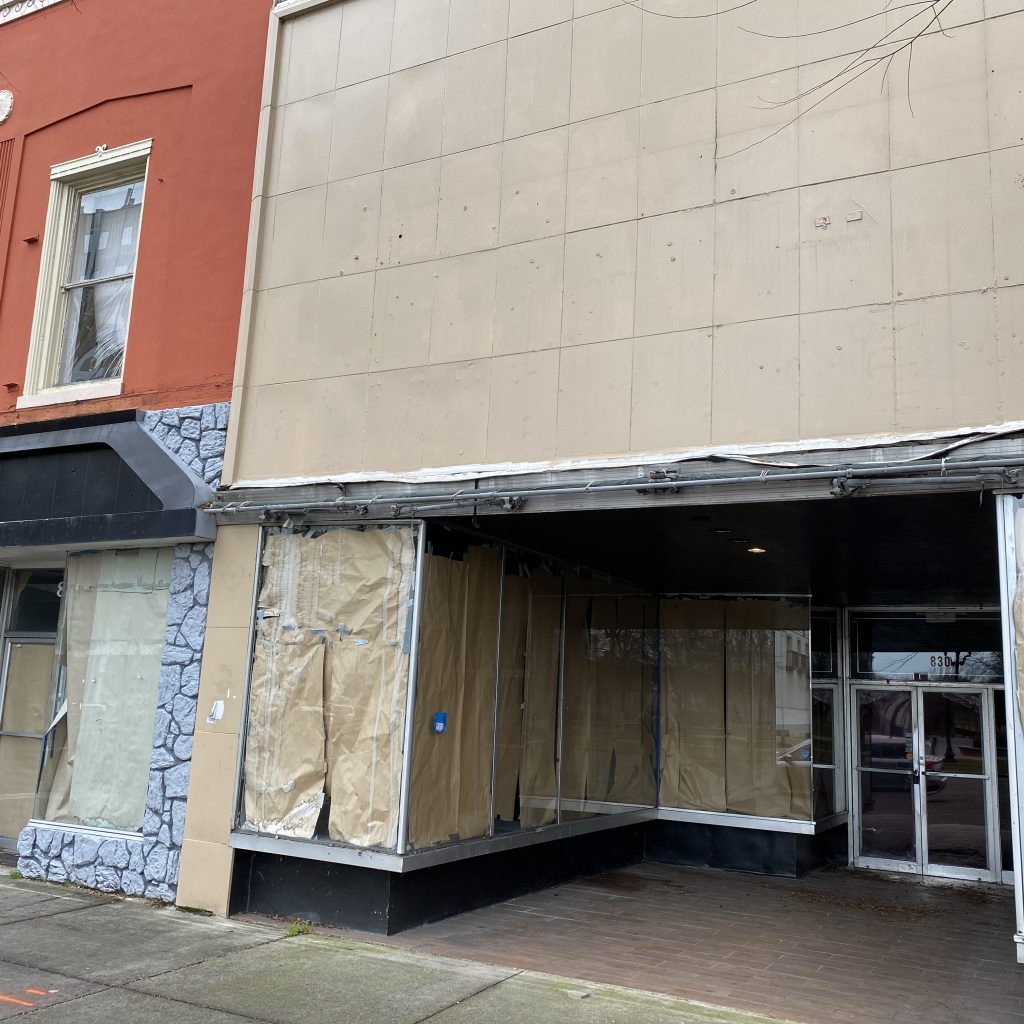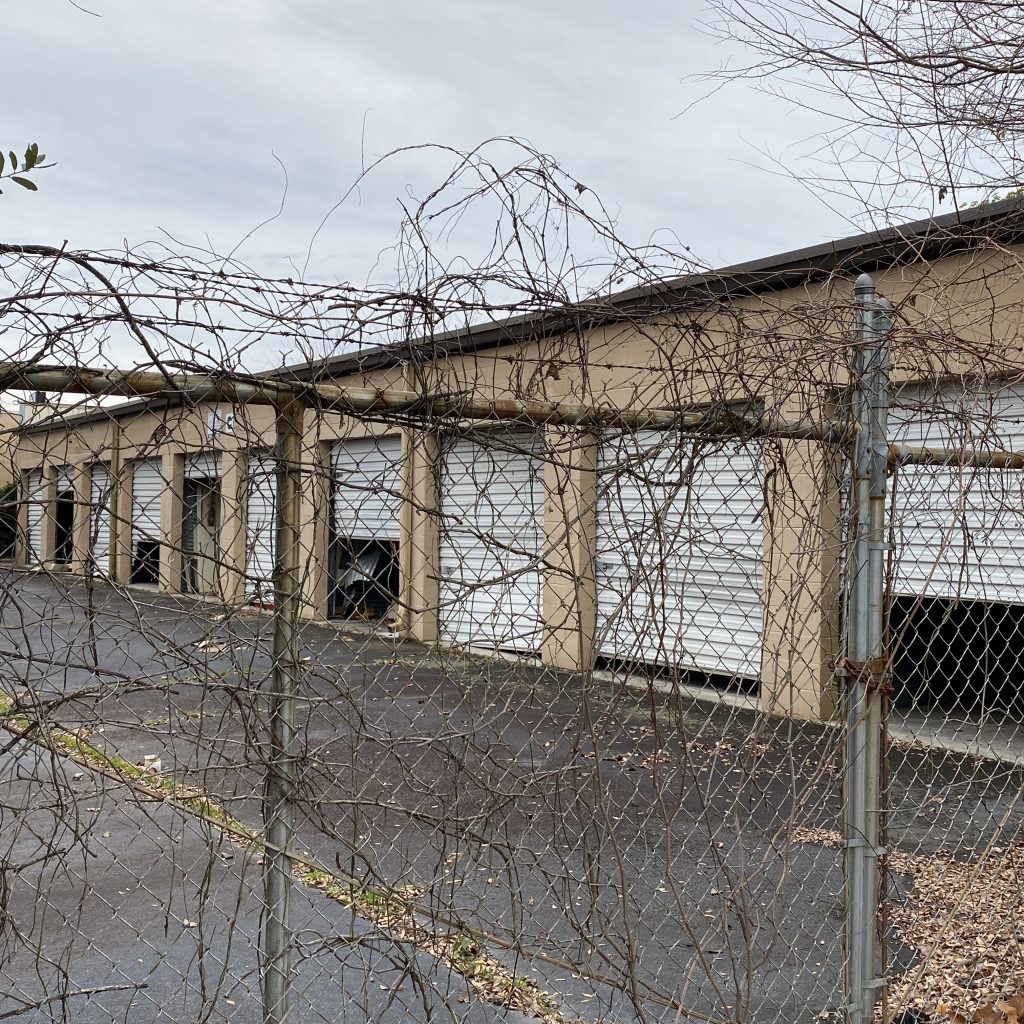The sudden surge in developers wanting to build high density luxury apartments downtown has shone a spotlight on the elephant in the room: the blighted buildings that dot Augusta’s urban landscape.
A stroll down Broad Street presents a mixed image of bustling bars and restaurants located next to dilapidated buildings, some of which look beyond repair.
Derek May, president of Azalea Investments, says his company’s plans for some of their vacant properties have been put on hold due to COVID-19, but he agrees that there really is no excuse for a property owner to allow their buildings to rot and become an eyesore.
“All of us that own properties owe it to the community to either keep them up or sell them to someone who will,” May says.
[adrotate banner=”31″]
For May, the virus is what is slowing his property management business down; however, there are several property owners who have held on to their properties for decades, not making improvements or even stabilizing the structures, and they have steadfastly refused to sell unless they receive an offer way over the buildings value.
“This has been a problem we have tried to tackle since my first day on the job 13 years ago,” says Downtown Development Authority Director Margaret Woodard. “I just don’t understand why someone would buy a prime piece of commercial property and let the value erode away by not maintaining it.”
[adrotate banner=”19″]
Some Augusta commissioners have discussed the possibility of some sort of vacant building blight tax, but such a tax would harm anyone who takes immaculate care of his properties whether vacant or not.
Woodard, District 10 Commissioner John Clarke and District 8 Commissioner Brandon Garrett agree the city can take more proactive measures without levying yet another tax.
“I am against a broad tax,” Garrett says, “but not against both punitive measures as well as incentives to fix the problem.”
Garrett says code enforcement should be conducting spot checks, especially on buildings that have long-time roof damage and suffer from continued neglect.
“There are other things we can do to offer incentives such as freezing the tax rate for a number of years so the owners can make improvements without seeing their tax bill go up,” he says, adding, “I am also in favor of streamlining the planning and zoning process and eliminating some of the red tape.”
Commissioner Clarke, who has been at the forefront of attempting to address the problem, says the Augusta Commission has the power to act and should do so swiftly. Clarke says everyday of maintaining the status quo and not moving forward is an economic opportunity lost.
“We can rectify this,” Clarke says. “it can start with us just enforcing the laws that are already on the books.”
For Augusta Economic Development President Cal Wray, it is all about keeping up the momentum.
“When I first started three years ago, those people wouldn’t even talk to me,” he says. “But we have tried to keep up the momentum and some of those property owners are now considering our ideas to move forward.
Wray concedes that some of the buildings, those without any major historical significance, need to be torn down and the space converted to either parking or green space.
Woodard agrees adding, “the area has to look attractive to attract a Starbucks, a grocery store and more retail.Those large companies are not going to open up their business next to an eyesore.”
While Clarke is committed to help the downtown area, he says his commitment really extends to all of Augusta/Richmond County.
“We have blighted property in every district throughout Augusta,” he says. “If we all work together, I know we could spend around $4 million and maybe not eliminate the problem totally, but decrease it drastically. This first step is getting into gear and enforcing the laws we already have.”
Scott Hudson is the Managing Editor of The Augusta Press. Reach him at scott@theaugustapress.com
[adrotate banner=”35″]


